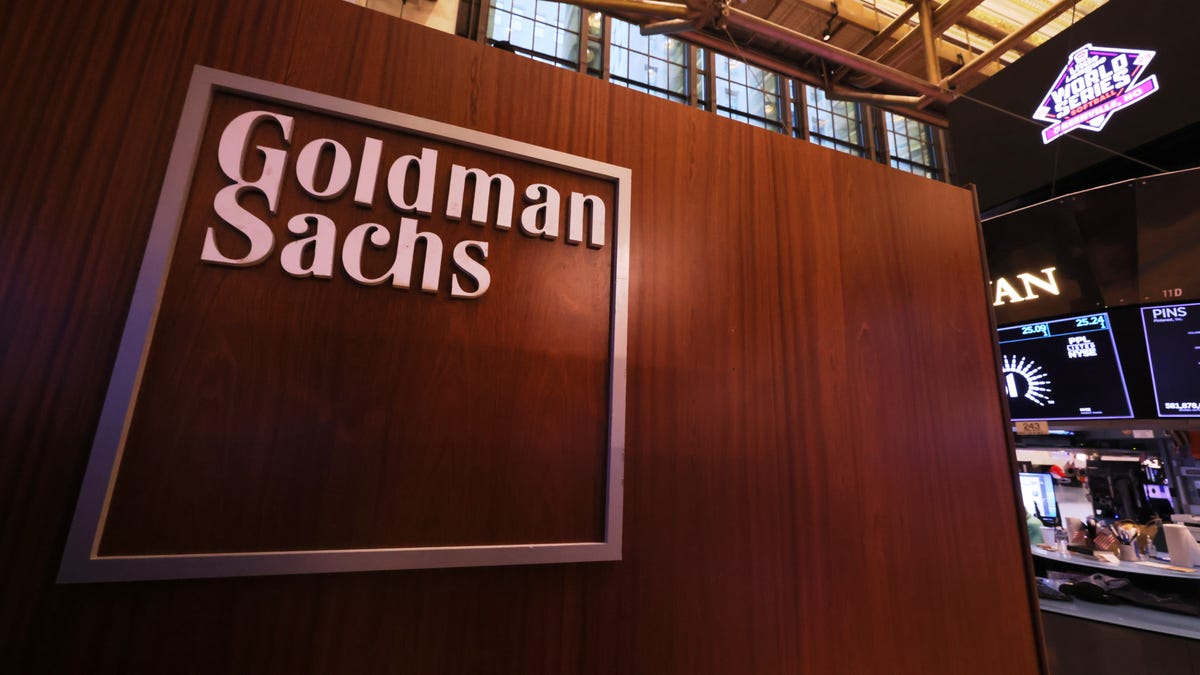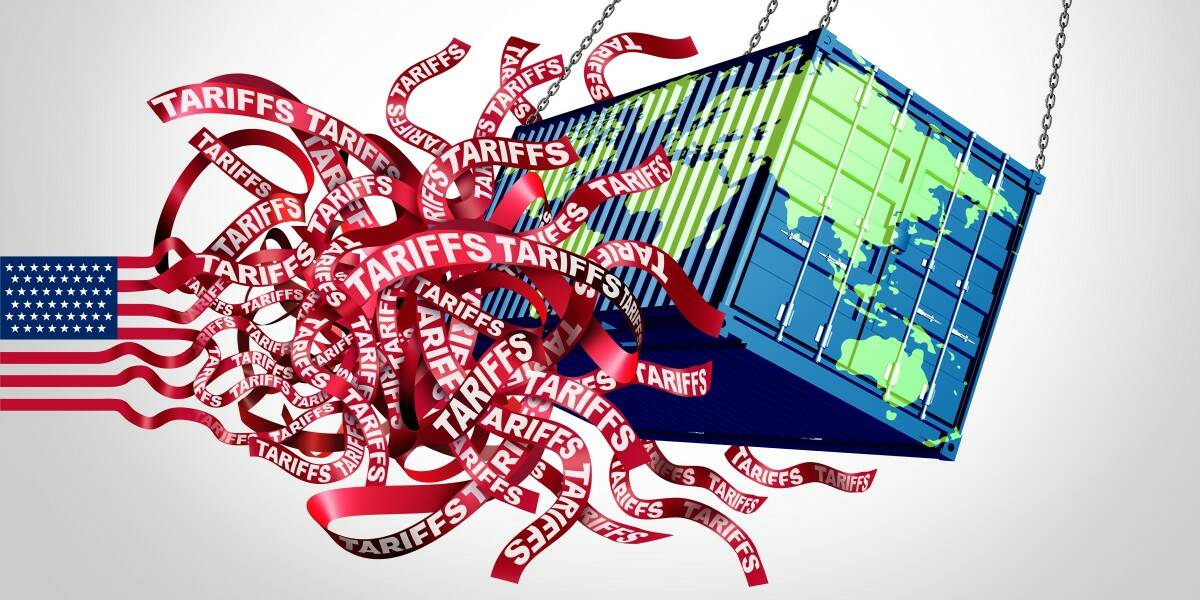Nasdaq Bear Market: Should You Buy Meta Platforms Stock on the Dip?
Meta Platforms' (NASDAQ: META) stock price has been beaten down even more severely than the broader market over the past few weeks. The stock is down nearly 30% from the all-time high it reached in February, while the S&P 500 is off by almost 18%, and the Nasdaq Composite is down almost 23%, firmly in bear market territory. But the social media company's sell-off may be seen by some as a buying opportunity. Meta owns the popular apps Facebook, Instagram, Threads, Messenger, and WhatsApp, so it isn't directly affected by the tariffs President Donald Trump has imposed on imported goods from nearly every country. But given that it derives most of its revenue from advertising, could it still wind up a victim of these tariffs?The bear case for Meta Platforms in the current environment is mainly tied to consumer sentiment. If tariffs, counter-tariffs, and trade wars cause the prices of goods to rise, consumers won't be able to buy as much. As a result, companies may reduce their advertising spending. Advertising is notoriously one of the first places companies cut their budgets to streamline costs during recessions and even in anticipation of economic downturns. That may happen here soon.Continue reading

Meta Platforms' (NASDAQ: META) stock price has been beaten down even more severely than the broader market over the past few weeks. The stock is down nearly 30% from the all-time high it reached in February, while the S&P 500 is off by almost 18%, and the Nasdaq Composite is down almost 23%, firmly in bear market territory. But the social media company's sell-off may be seen by some as a buying opportunity.
Meta owns the popular apps Facebook, Instagram, Threads, Messenger, and WhatsApp, so it isn't directly affected by the tariffs President Donald Trump has imposed on imported goods from nearly every country. But given that it derives most of its revenue from advertising, could it still wind up a victim of these tariffs?
The bear case for Meta Platforms in the current environment is mainly tied to consumer sentiment. If tariffs, counter-tariffs, and trade wars cause the prices of goods to rise, consumers won't be able to buy as much. As a result, companies may reduce their advertising spending. Advertising is notoriously one of the first places companies cut their budgets to streamline costs during recessions and even in anticipation of economic downturns. That may happen here soon.






























































































































































































![How to Find Low-Competition Keywords with Semrush [Super Easy]](https://static.semrush.com/blog/uploads/media/73/62/7362f16fb9e460b6d58ccc09b4a048b6/how-to-find-low-competition-keywords-sm.png)


